News 

How to Extend the Service Life of Rubber
Category:answer Publishing time:2025-10-01 01:49:47 Browse: Times
As an important industrial material, rubber is widely used in many fields such as automobiles, construction, electronics, and medical care. However, due to its own chemical structure and physical properties, rubber is prone to aging, cracking, or even failure during use due to environmental factors. Therefore, how to extend the service life of rubber has become a focus of attention.
Firstly, understanding the causes of rubber aging is the key to delaying its performance degradation. Rubber aging mainly includes oxidation aging, ozone aging, light aging, and thermal aging. Oxygen and ozone will react with rubber molecules, causing molecular chain breakage or changes in cross-linking density, resulting in rubber becoming hard, losing elasticity, or cracking. UV radiation will also accelerate this process, especially in outdoor rubber products.
In order to extend the service life of rubber, the following effective measures can be taken:
1. Adding Anti-Aging Agents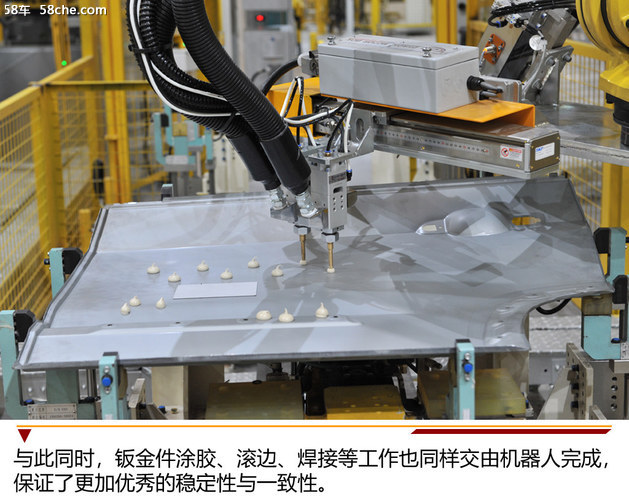
In the rubber processing process, adding anti-aging agents is a common method to improve its anti-aging performance. For example, antioxidants and anti-ozone agents can effectively inhibit or delay the oxidation reaction process of rubber, thus protecting the molecular structure of rubber from being destroyed. Choosing the appropriate type of anti-aging agent and the addition ratio is of great significance for different types of rubber (such as natural rubber, styrene-butadiene rubber, chloroprene rubber, etc.).
2. Control the Usage Environment
Rubber products should avoid long-term use in high temperature, strong light, high humidity, or high ozone concentration environments. When stored, they should be kept ventilated and dry, away from heat sources and direct sunlight. Sunshade covers or protective films can be used for isolation if necessary.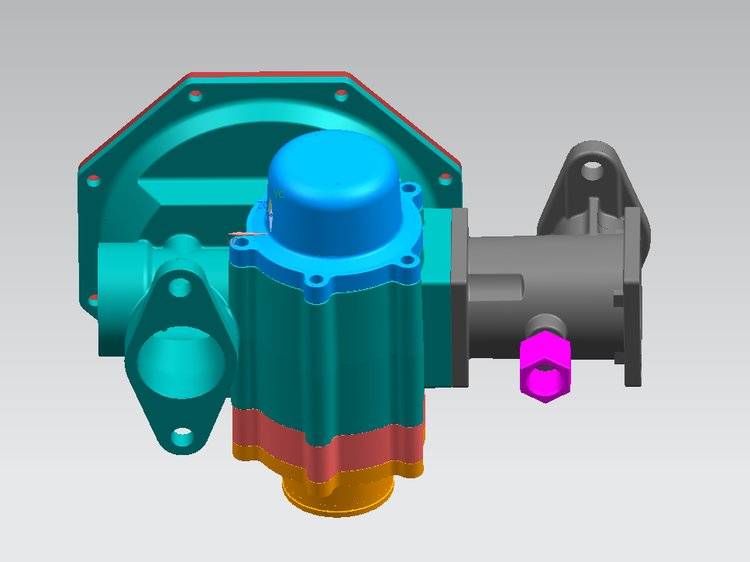
3. Rational Design of Structure and Formula
By optimizing the structural design and material ratio of rubber products, their durability can be improved to a certain extent. For example, increasing thickness or using composite materials in areas prone to wear or deformation can effectively extend the service life.
4. Regular Maintenance and Inspection
For rubber parts used in key equipment, such as seals and shock absorbers, a regular inspection system should be established to detect and replace aging parts in a timely manner, in order to prevent equipment failure caused by rubber failure.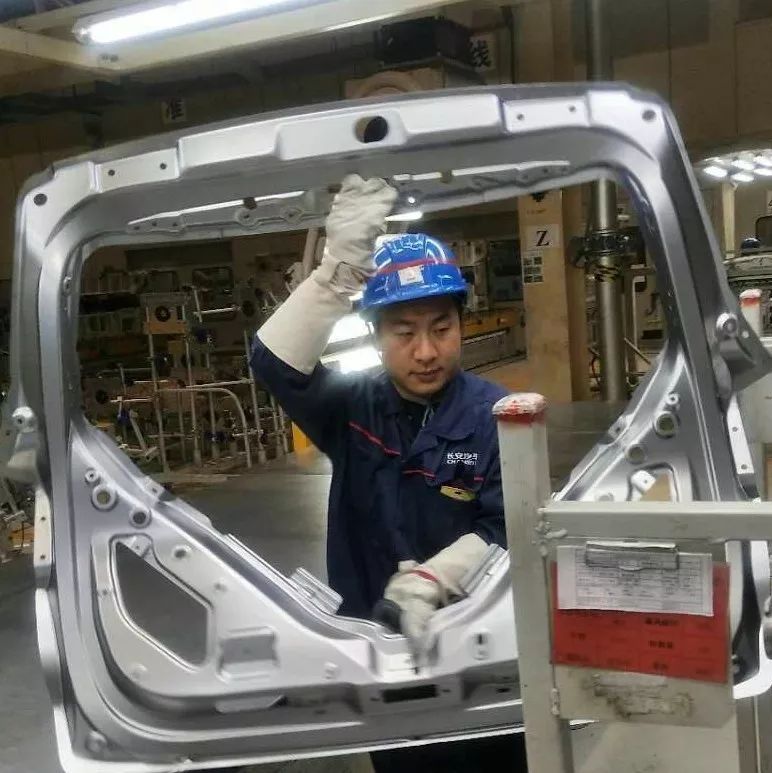
5. Surface Treatment Technology
In recent years, with the development of materials science, some surface treatment technologies such as silane coating and nano-coating have also been applied to the protection of rubber products. These technologies can effectively isolate harmful factors in the environment, improve the weather resistance and wear resistance of rubber.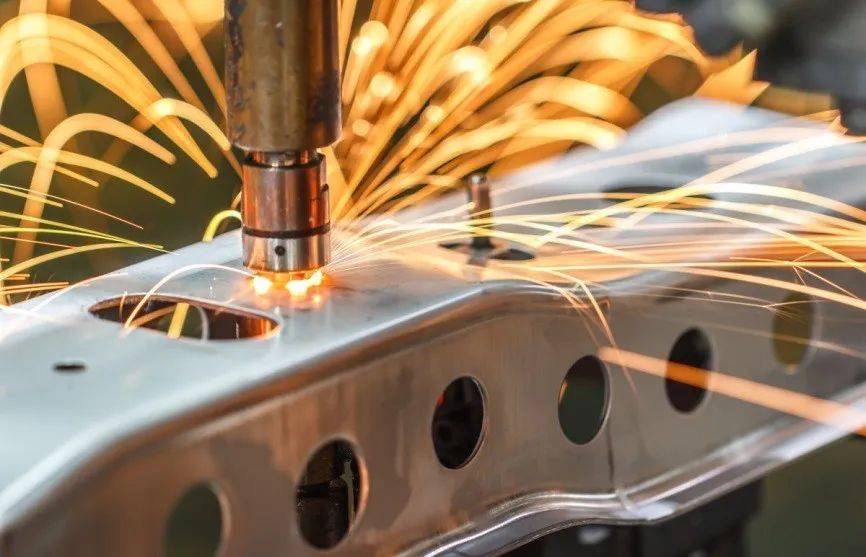
In summary, to extend the service life of rubber, it is necessary to start from multiple aspects such as material selection, processing technology, usage environment, and post-maintenance. Through scientific and reasonable methods, not only can the efficiency of rubber products be improved, but also the maintenance cost can be reduced, which has important economic and social value. In the future application of rubber, we should continuously explore new protective technologies and material improvement solutions to achieve longer service life and higher reliability of rubber products.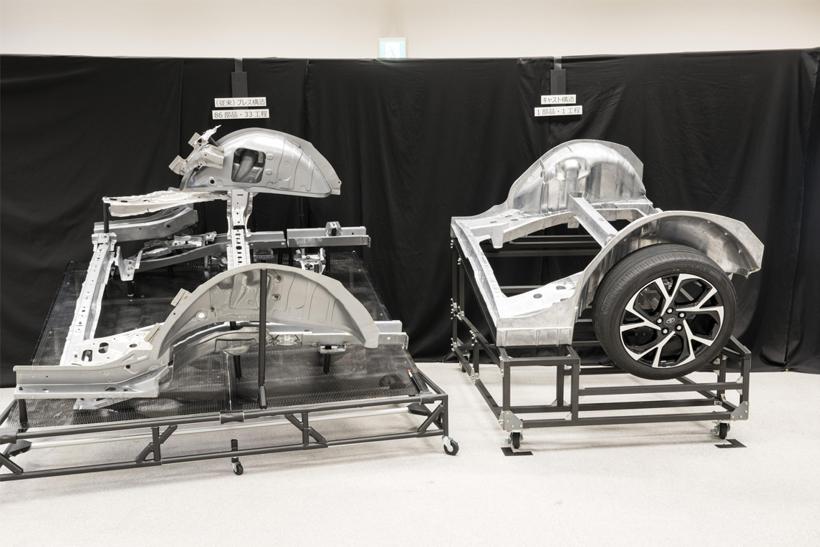
As an important industrial material, rubber is widely used in many fields such as automobiles, construction, electronics, and medical care. However, due to its own chemical structure and physical properties, rubber is prone to aging, cracking, or even failure during use due to environmental factors. Therefore, how to extend the service life of rubber has become a focus of attention.
Firstly, understanding the causes of rubber aging is the key to delaying its performance degradation. Rubber aging mainly includes oxidation aging, ozone aging, light aging, and thermal aging. Oxygen and ozone will react with rubber molecules, causing molecular chain breakage or changes in cross-linking density, resulting in rubber becoming hard, losing elasticity, or cracking. UV radiation will also accelerate this process, especially in outdoor rubber products.
In order to extend the service life of rubber, the following effective measures can be taken:
1. Adding Anti-Aging Agents

In the rubber processing process, adding anti-aging agents is a common method to improve its anti-aging performance. For example, antioxidants and anti-ozone agents can effectively inhibit or delay the oxidation reaction process of rubber, thus protecting the molecular structure of rubber from being destroyed. Choosing the appropriate type of anti-aging agent and the addition ratio is of great significance for different types of rubber (such as natural rubber, styrene-butadiene rubber, chloroprene rubber, etc.).
2. Control the Usage Environment
Rubber products should avoid long-term use in high temperature, strong light, high humidity, or high ozone concentration environments. When stored, they should be kept ventilated and dry, away from heat sources and direct sunlight. Sunshade covers or protective films can be used for isolation if necessary.

3. Rational Design of Structure and Formula
By optimizing the structural design and material ratio of rubber products, their durability can be improved to a certain extent. For example, increasing thickness or using composite materials in areas prone to wear or deformation can effectively extend the service life.
4. Regular Maintenance and Inspection
For rubber parts used in key equipment, such as seals and shock absorbers, a regular inspection system should be established to detect and replace aging parts in a timely manner, in order to prevent equipment failure caused by rubber failure.

5. Surface Treatment Technology
In recent years, with the development of materials science, some surface treatment technologies such as silane coating and nano-coating have also been applied to the protection of rubber products. These technologies can effectively isolate harmful factors in the environment, improve the weather resistance and wear resistance of rubber.

In summary, to extend the service life of rubber, it is necessary to start from multiple aspects such as material selection, processing technology, usage environment, and post-maintenance. Through scientific and reasonable methods, not only can the efficiency of rubber products be improved, but also the maintenance cost can be reduced, which has important economic and social value. In the future application of rubber, we should continuously explore new protective technologies and material improvement solutions to achieve longer service life and higher reliability of rubber products.





























